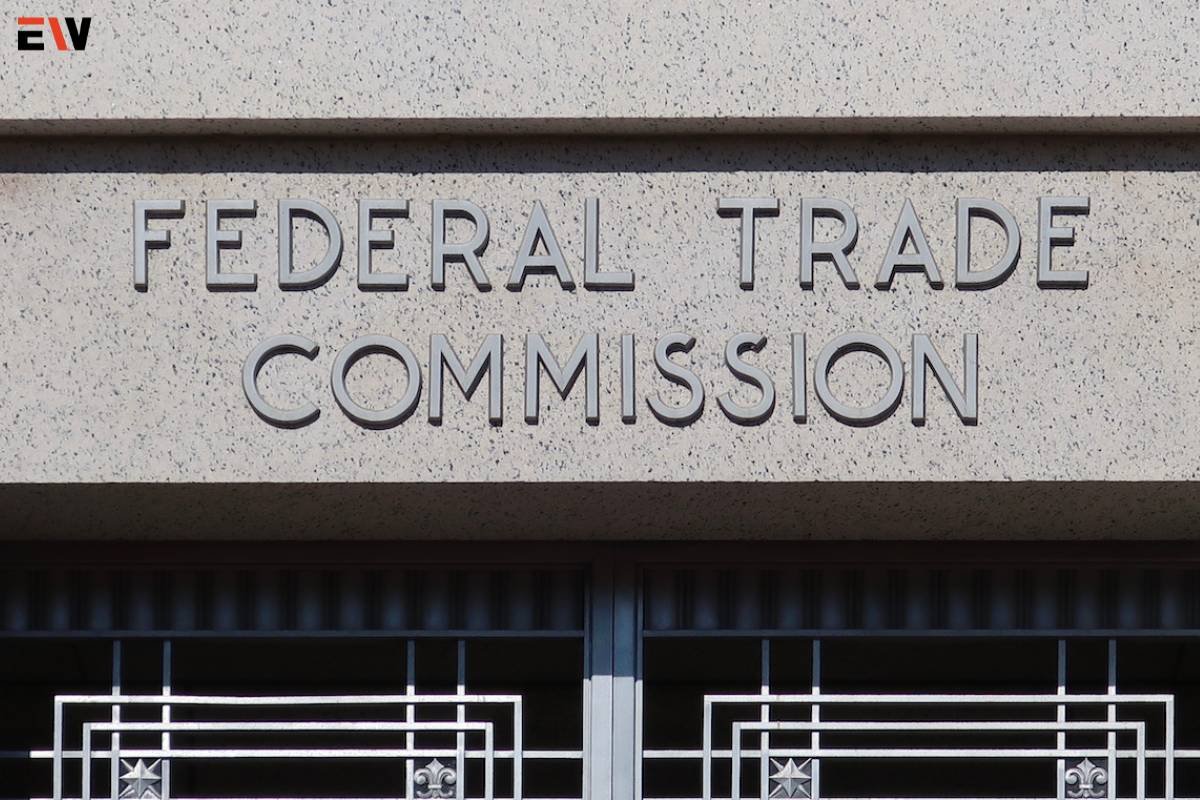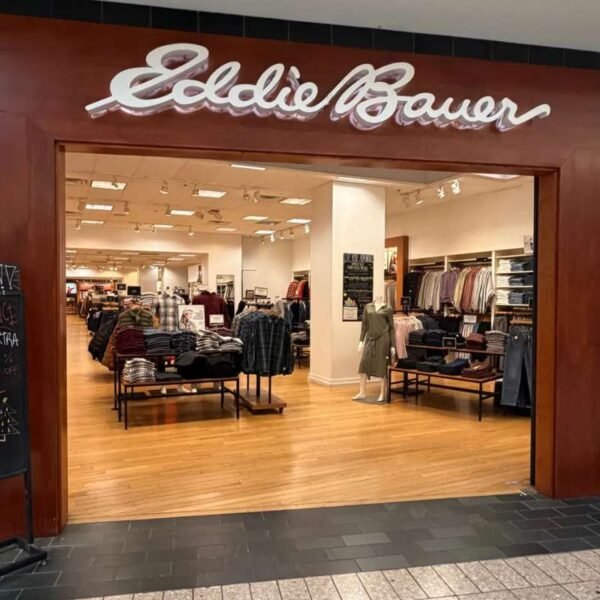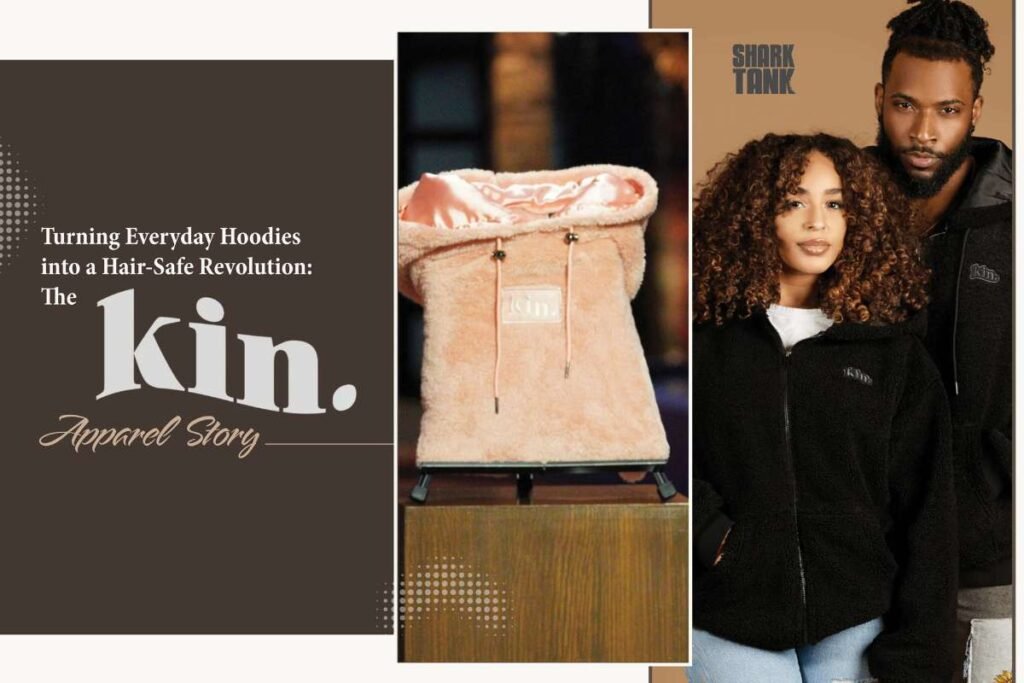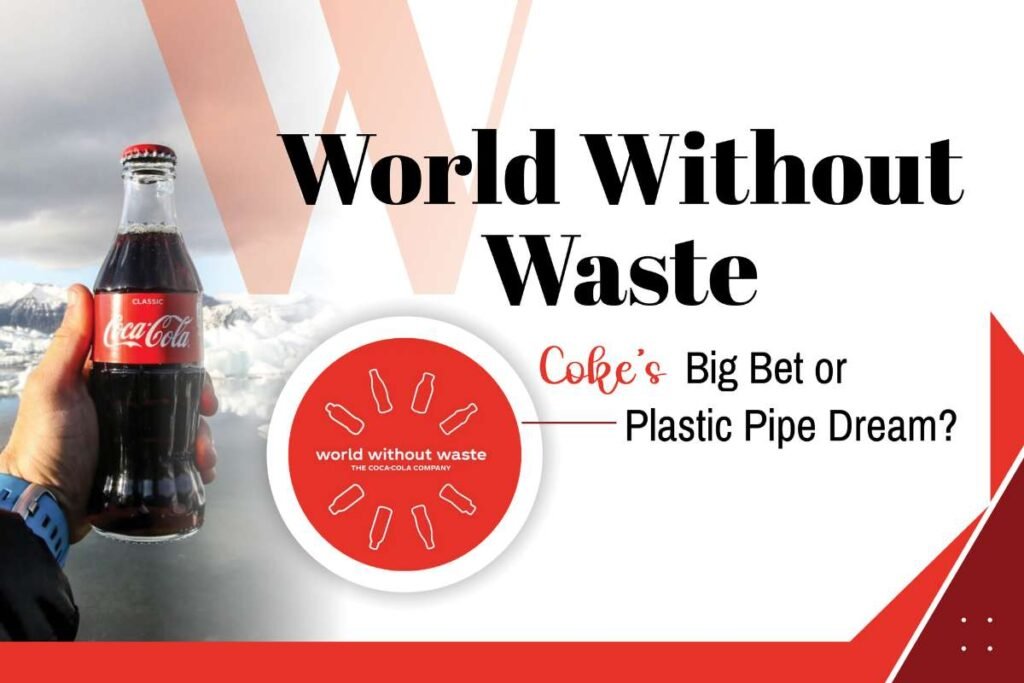Source- PYMNTS.com
Federal Trade Commission and HHS Seek Solutions for Ongoing Drug Shortages
In response to the persistent shortages of generic drugs affecting Americans’ access to crucial medications, the Federal Trade Commission (FTC) has announced an examination of the roles played by drug wholesalers and companies purchasing medicines for U.S. healthcare providers. Generic drugs constitute the majority of prescriptions in the United States, and the shortages have led to the rationing of drugs by hospitals and forced patients to grapple with limited access to essential medications.
Uncovering Root Causes: Biden Administration Targets Drug Supply Chain Players
Over the past year, issues ranging from manufacturing quality control to surges in demand have contributed to a shortage of vital medicines, including injectable cancer therapies and generic versions of brand-name drugs. The Biden administration, recognizing the urgency of the situation, is now turning its attention to other players in the drug supply chain. The goal is to identify the root causes of ongoing shortages and explore potential solutions.
FTC and HHS Seek Public Input on Middlemen Practices
In a joint request for information, the FTC and the Department of Health and Human Services (HHS) are soliciting public comments on the contracting practices, market concentration, and compensation of two key middlemen in the drug supply chain: group purchasing organizations and drug wholesalers. Group purchasing organizations act as intermediaries, negotiating drug purchases for healthcare providers, while drug wholesalers purchase medicines from manufacturers and distribute them to providers.
The inquiry aims to determine if these middlemen have abused their market power, leading to reduced prices for generic drugs that make it unprofitable for manufacturers to continue production. Such practices may also discourage competition among rival suppliers in the generic drug market, contributing to the ongoing shortages.
Transparency and Public Participation: FTC and HHS Call for Comments
While the FTC and HHS have not named specific companies, major group purchasing organizations for hospitals include Vizient, Premier, and HealthTrust. Meanwhile, Cencora, Cardinal Health, and McKesson account for approximately 90% of prescription drug distribution in the U.S. The public is invited to share their insights and experiences over the next 60 days through submissions on Regulations.gov.
Despite being a critical aspect of the drug supply chain, group purchasing organizations and wholesalers have received limited attention on Capitol Hill. As lawmakers prioritize addressing high drug costs, this investigation seeks to shed light on potential factors contributing to the ongoing challenges in the generic drug market. The pharmaceutical industry’s complex dynamics, including the role of pharmacy benefit managers (PBMs), are also under scrutiny as stakeholders work towards enhancing transparency and reducing the overall cost of medications.










